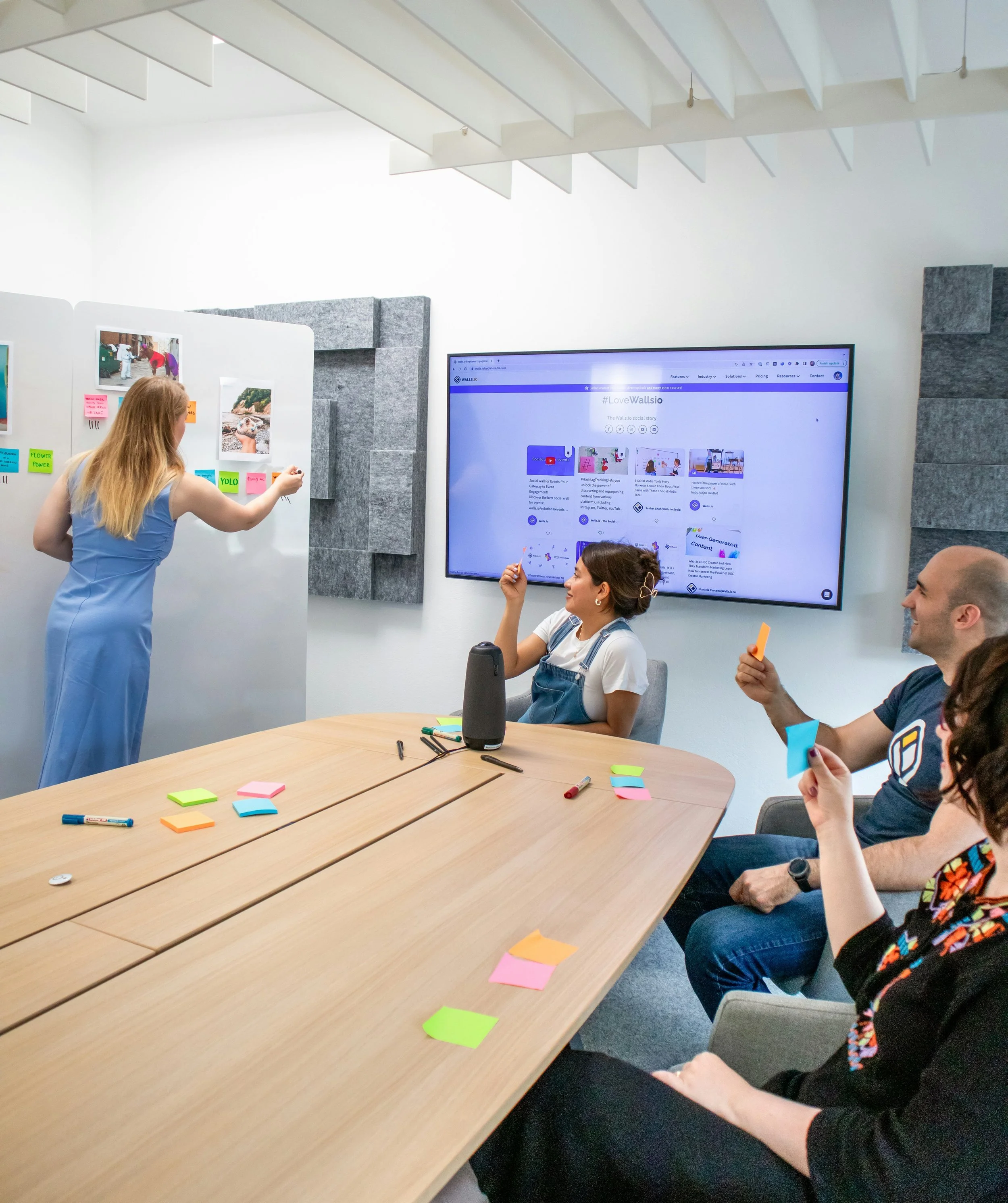Helping Managers Lead Humans, Not Just Tasks
Let’s be honest—most managers don’t start out as people leaders. They’re promoted because they’re good at their jobs, great with systems, or strong in delivery. Then suddenly, they’re handed something far more complex than any project plan: people.
Managing tasks is straightforward. Leading humans? That’s where it gets real.
The Shift from Managing Work to Leading People
Tasks come with instructions. People come with emotions, motivations, and challenges that can’t always be ticked off a list.
The best leaders know that performance doesn’t just come from deadlines and KPIs—it comes from how people feel.
Ask yourself:
When was the last time your managers checked in on how their team was doing, not just what they were doing?
Do they know how to spot early signs of burnout or disengagement?
Do they have the confidence to ask, “Are you okay?”—and know what to do next?
Why Human Leadership Matters
When people feel seen, heard, and supported, they don’t just perform better—they stay longer, collaborate more, and bring their best selves to work.
Managers who lead with empathy build:
Trust — Teams feel safe to speak up.
Engagement — People feel valued and motivated.
Resilience — Stress is shared, not silenced.
And that’s where Mental Health First Aid (MHFA) and Recognise, Respond, Refer (RFA) training make a difference. They give managers real-world tools to lead with confidence, care, and clarity.
From Direction to Connection
The truth is, employees don’t leave jobs—they leave environments that don’t make them feel supported.
When managers lead with empathy and understanding, they transform culture. Performance conversations become growth conversations. Feedback becomes encouragement. Check-ins become connection.
That’s when teams go from surviving to thriving.
So, Where Do We Start?
Start small:
Encourage managers to make regular wellbeing check-ins part of their rhythm.
Build skills through MHFA and RFA training.
Recognise and reward empathetic leadership—it sets the tone for everyone else.
Because when managers learn to lead humans, not just tasks, workplaces become safer, stronger, and more productive places to be.
People don’t need perfect managers—they need human ones.


